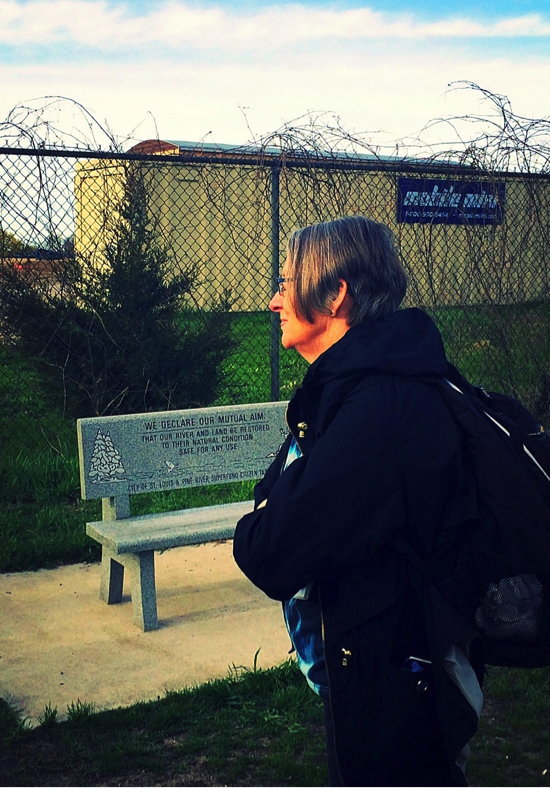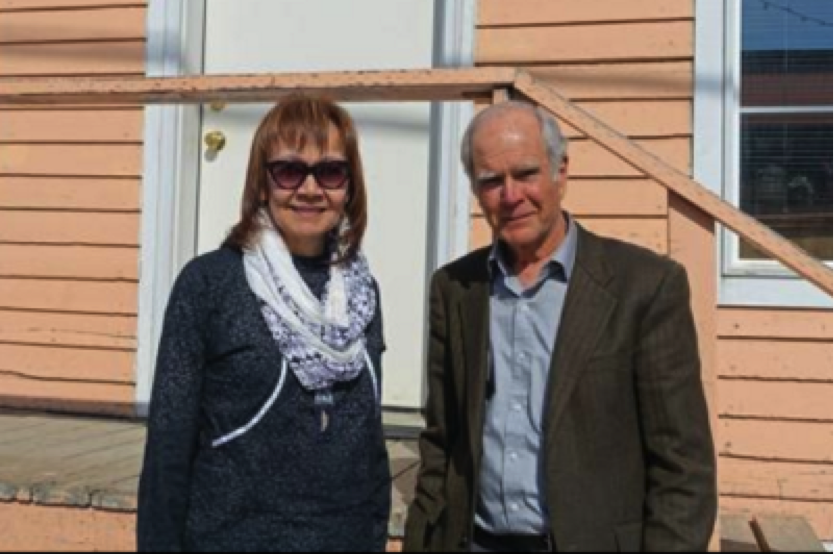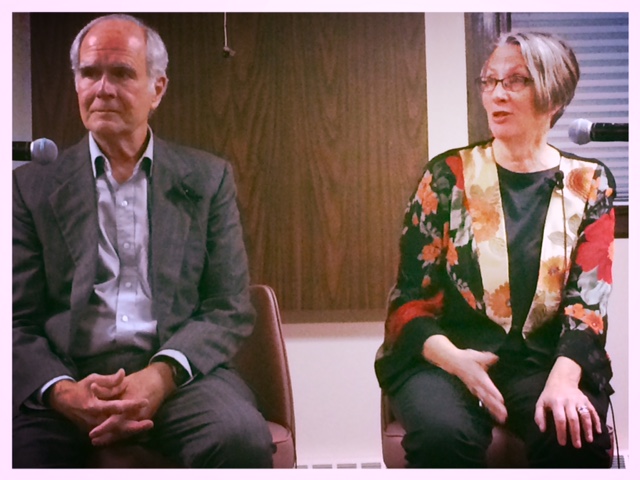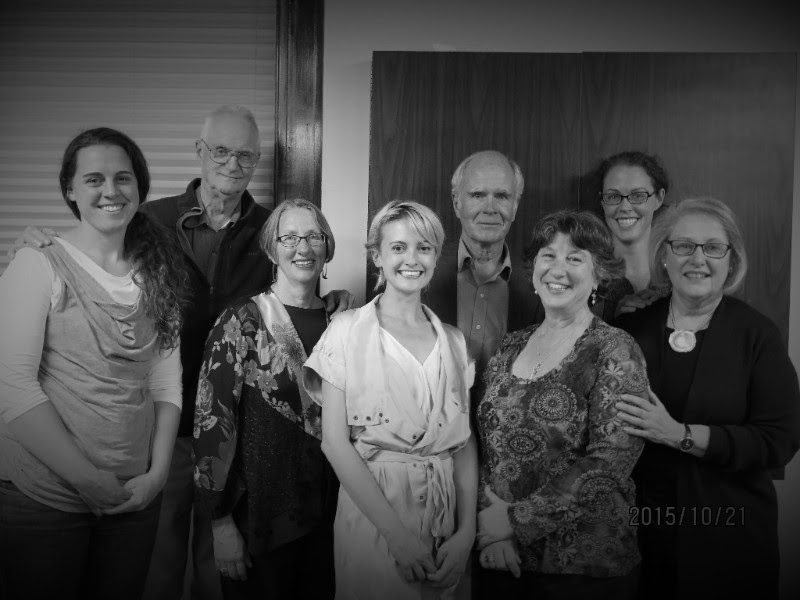More than 8 Million Michiganders were Poisoned
Dear Friend and Ally,
On a 52-acre site along Michigan's Pine River, a pre-World War II chemical plant made DDT for government use, and later PBBs, polybrominated biphenyls, an early flame retardant. In the 1970s, PBBs were accidentally mixed into cattle feed. Hundreds of Michigan farm families lost their herds.More than 8 million Michiganders were poisoned. The plant was dismantled and interred in place. Excess PBB stock was buried in a nearby landfill. Today, the level of both DDT and PBBs in the Pine River Valley concerns citizens and scientists alike. The PBB disaster has been described as the largest mass poisoning on American soil. Few know about it, and more, the people of St. Louis, Michigan, where the plant had been located, have been left with both the legacy of contamination and the prospect of the intergenerational health problems currently being studied in Michigan families.
The Pine River Superfund Citizen Task Force invited SEHN to help think through how to respond to the intergenerational nature of their ongoing exposures and effects.
The community had identified the precautionary principle as a guiding light for how to protect future generations from the same kind of harms that they themselves were experiencing. At a conference near the Pine River Superfund site in late April 2016, Carolyn Raffensperger brought SEHN’s decades of first-hand experience applying science and law to imminent and ongoing environmental and health disasters to the strategy table, framing the problem of long-term, intergenerational contamination in such a way that a different set of solutions could be found, setting a new course for the future.

SEHN needs your support, today, in order to continue to work with neglected communities like St. Louis to insist on cleanup, to interpret the scientific findings, and to establish policies that protect the next generation. If there is one lesson from St. Louis it is to prevent tragedies like this from happening again.
Contribute to a different legacy. Your gift will allow SEHN to support St. Louis and communities like it, while setting precedents that will name these events as the tragedies they are, not business-as-usual befalling others, today and for future generations.
Thank you,
Ann, Carolyn, Kaitlin, Sherri, and Ted
“To support the work of environmental public health is to bolster the probability of a non-event: The tumor that never metastasized. The baby carried to term. The carefree child on the playground. For 20 years, prevention has been the work of the Science & Environmental Health Network.” - environmental sociologist and SEHN Board Member, Dr. Rebecca Gasior Altman

PS. Also last month, SEHN's Ted Schettler was invited into communities across Alaska to highlight opportunities for breast cancer prevention. There, traditional foods including seals, walrus, and bowhead whales are contaminated with PCBs and other persistent chemicals dumped by the military or transported to the north by air and water currents, leaving Alaska Native communities with tough choices about what to eat. This undoubtedly helps to explain some of the health challenges facing these communities—including cancer. Listen to an interview with Ted. More press coverage here.

In Case You Missed It!
Ted Schettler and Carolyn Raffensperger speaking at the "Breast Cancer: A Detective Story" event, Minneapolis, MN, October 2015. Their full conversation is available on our YouTube channel, along with highlight clips from the evening.
Thank You!


